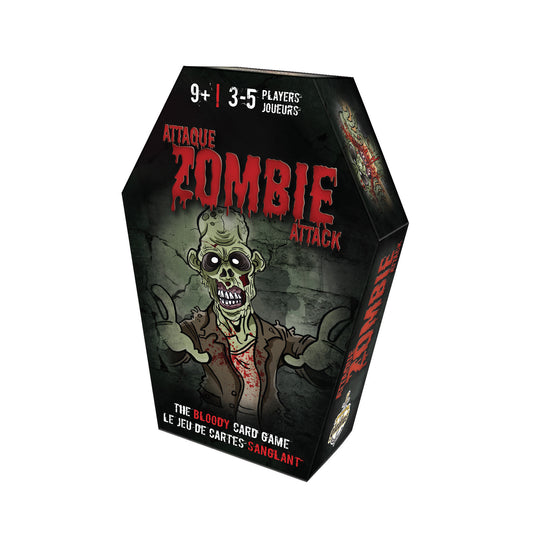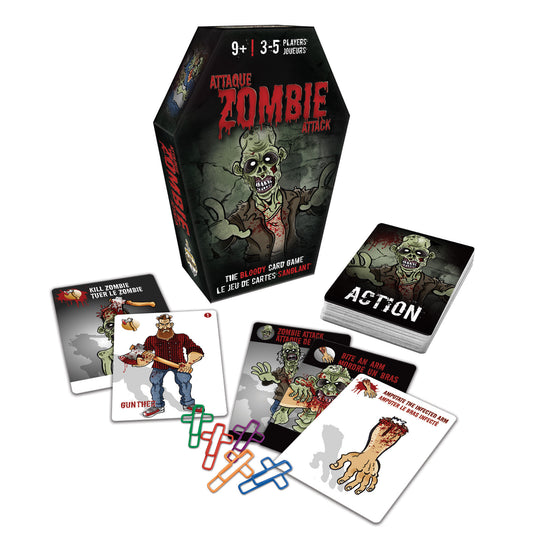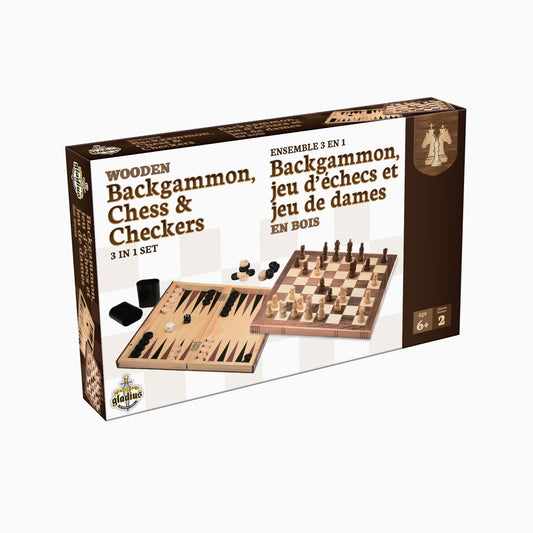
Symbolic play
A little theory...
Symbolic play represents moments of free play during which children pretend, imitate, reproduce everyday situations, invent, imagine and act out scenarios. Symbolic play is the most important context for creativity. This play context enables children to develop their social competence. Through play, children have the opportunity to learn a number of things:
- they make their own choices
- come into contact with others
- assume responsibility;
- merge their interests with those of the group;
- care about the needs of others;
- face adversity
- are confronted with tasks that challenge them to excel.
Symbolic play generally begins to appear in children around the age of 2. In preschool, it occupies the majority of playtime.
How to stimulate development through play?
By providing a space for children to play pretend, you'll foster their social development and their ability to assert themselves. In the context of symbolic play, it's important for the parent to give the child free choice and a certain amount of leadership. The child is the author, director and actor of the game. The parent's educational responsibility therefore becomes more one of providing an environment, initiating play and offering opportunities for symbolic play.
For more information
Ferland, F. (2009). Et si on jouait, Éditions du CHU Ste-Justine.
Des Chenes, R. (2006). Moi J'apprends en jouant, Chenelière éducation.
Article on this topic based on...
Baulu-MacWillie, M., Samson, R. (1990). Apprendre, c’est un beau jeu. Montréal : Éditions de la Chenelière inc.
Howe, N., Bruno, A. (2010), Sibling Pretend Play in Early and Middle Childhood : The Role of Creativiy ans Maternal Context, Early Education and Development, 21(6), 940-962. Shaffer, D. (2010). Developmental psychology: childhood and adolescence, Brooks/Cole Publishing Company.
O’Connor, C., Stragnitti, K. (2001). Play, behaviour, language and social skills : The comparison of a play and a non-play intervention within a specialist school setting, Research in Developmental Disabilities, 32, 1205-1211.





